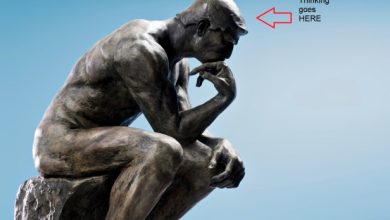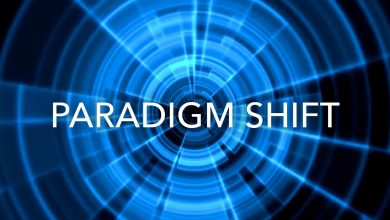
What Causes Poor Decision Making
We make all sorts of decisions day in day out; some are relatively small and insignificant while others can be very important that might influence the course of our life. Some decisions could be made within seconds while others might require a longer time to decide. In between, our behaviours and decisions get affected, be it consciously or unconsciously. The consequences could often lead us to fall prey to several common fallacies, biases, and other decision-making problems. Let’s understand more about what are the causes of our poor decision making:
Heuristics (Cognitive Bias)
Heuristics are often referred to as mental shortcuts (known as Cognitive Biases) that resort to all the information around us to make decisions quickly and effectively but they can also lead to errors and misjudging of situations sometimes. In general, there are two types of mental shortcuts:
The Representativeness Heuristic: This involves judging the probability of an event or object-based upon how similar it is to our existing prototype of such an event or how similar the object is to members of that category. For example, a culturally ignorant person might see all brown-skinned people as being part of the same group, despite there being many brown-skinned races without any relation to one another.
The Availability Heuristic: This involves judging the likelihood of an event-based upon how quickly we can call similar events to mind. For example, you might believe that the percentage of middle-aged people are more at risk of a heart attack by thinking of the people they know who have had heart attacks in the past.
Impulsive
Impulsive simply means being impatient and acting without thinking about the consequences. You might realise that the conscious control over the emotion is weak and sometimes emotion can overwhelm the consciousness which undermines the rational deliberation thus entrapping us an emotion slave. A good example is in the heat of an argument when we are rushed over by our emotions and failed to make rational and logical judgements which we might regret later on.
The best way to counter impulsion is to enhance your self-control. They said by using emotion to fight with emotion is rather effective; “fear is good at reducing anger. Anger triggers optimism about oneself.” In contrast, the emotion of fear can hold us back from the action and also allows our mental preparation, a crucial technical mastery to enhance our capacity to manage stress comfortably
Imposing Your Own Ideas Onto Others
When we are interacting with people, it is important to show empathy and concern. Most people tend to impose their perceptions and judgments on others expecting them to see, think, behave, and feel the same way they do. Of course, they might not realize it when they are doing it, and sometimes they don’t even realize it after they have finished.
If you are engaging in such conversation and they are closed off for any rational interaction, making you uncomfortable, then exit stage left. Because they are already outside the arena of Conscious Awareness. You do not want to be dragged into their misery. They will work feverishly to turn your light into darkness, your joy into pain. Bear in mind that Emotional Awareness provides insight into the working of the mind and the irrationality of human nature.
Hindsight Bias
Once a situation has occurred hindsight bias can make that event seem more obvious and predictable than was actually the case at the time. Some people called it the “I-knew-it-all-along” phenomenon. This tendency can be quite problematic as it leads you to believe that you should have been able to foresee the outcome of situations that really weren’t that predictable. For example, in a traumatic event, an individual may come to unfairly blame themselves for things that they did not predict (and could not have predicted) in advance and may feel particularly responsible or guilty as a consequence. Overcoming hindsight bias requires a reappraisal of a situation from the perspective of the individual at the time, treating all beliefs as hypotheses that needed to be tested rather than defending them.
Denial
In psychology, people in denial seek a false sense of security by using it as a defence against reality. They came up with thousands of reasons to justify their actions and use them as a tool to alleviate anxiety in the face of truth (e.g., cancer diagnosis). For instance, a person suffering from depression insist that they have no issue with their mental health and alcoholic refuse to admit that they have a drinking problem. Only by accepting the fact, one can begin to seek out help. “God helps those who help themselves.”
Decision Fatigue
Regardless of how strong you are, your ability to perform mental tasks and decisions making can eventually be depleted due to decision fatigue. In other words, when your mental energy begins running low, you are less able to override basic desires and more likely to go for whatever is the easiest. A well-known study done, showed that prisoners are more likely to have parole approved in the morning than when their cases are heard in the afternoon. Therefore, with so many things going through the day, especially the ones that have a big impact, it is vital to prioritize your time to tackle those first when your energy levels are at the highest.
Final Thoughts
Though we want to make the best decision based on logic and rationality in every circumstance, numerous decision-making problems can complicate this process. So, take a step back and allows yourself to can see a larger picture, think about how you can take them out of the equation by being aware of some of these potential pitfalls that might help you make better decisions in the future.




